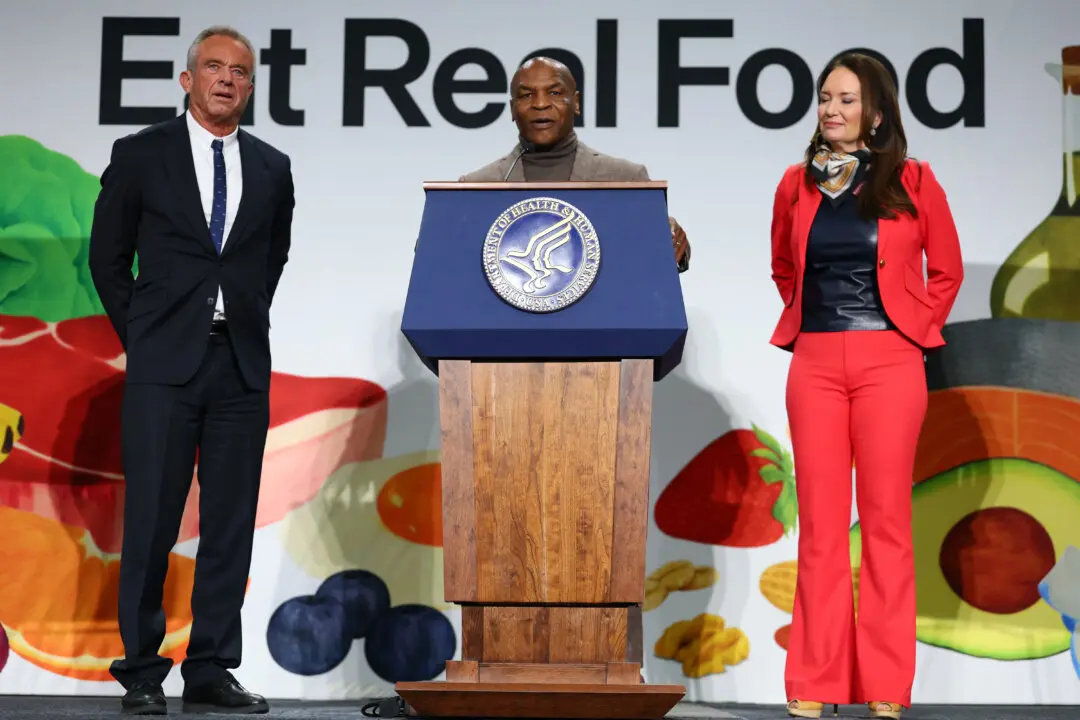Commentary
It wasn’t supposed to be this way. The idea within Anheuser-Busch was that its traditional buyers were a given, a clan to be taken for granted. The whole point of marketing, as it’s taught in the high-end schools (as if professors know about this stuff) is that reaching new and underserved markets is always the way forward. So one has to keep one’s finger on the pulse of progress, recast the brand, get new eyes on the product, turn the kaleidoscope just a bit, toss out a few manipulative symbols, and boom, you capture another slice of the market.





